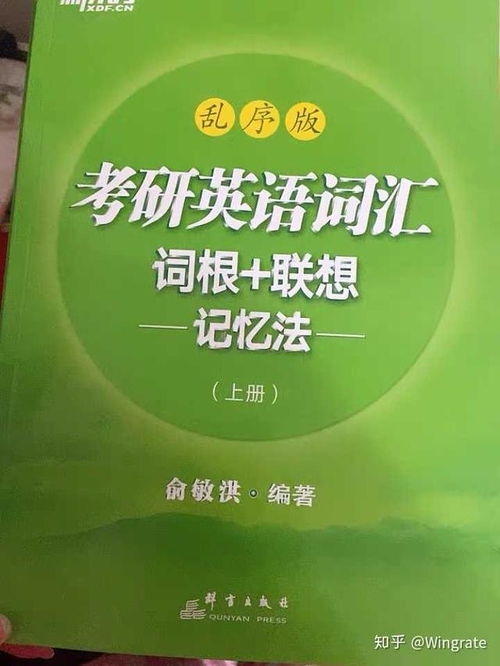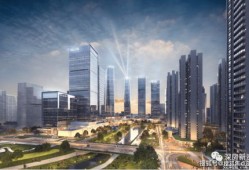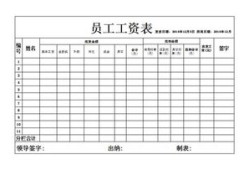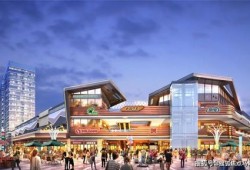房产用英文怎么说(房产英语怎么读)
- 房产
- 2025-08-11
- 17
Exploring the English Terminology for Real Estate
In the bustling world of property investment and real estate development, understanding the correct terminology is crucial for both professionals and enthusiasts. The English language, with its rich vocabulary, offers a wide array of terms to describe various aspects of the real estate industry. This article delves into some of the key terms used in the real estate sector, providing a comprehensive guide to the English terminology for properties.
Firstly, let's begin with the most fundamental term: "real estate." This term encompasses all land and anything permanently attached to it, including buildings, structures, and improvements. Real estate can be further categorized into residential, commercial, industrial, and agricultural properties.

Residential Real Estate Residential real estate refers to properties designed for living, such as houses, apartments, and condominiums. Here are some commonly used terms in this category:
- House: A detached dwelling with walls and a roof, typically having more than one story.
- Apartment: A self-contained living unit within a larger building, often with shared facilities.
- Condominium: A type of residential property where each unit is individually owned, but the common areas are jointly owned by all residents.
- Townhouse: A type of residential property with two or more units, sharing common walls with adjacent units.
- Cottage: A small, quaint house, often with a rural setting.
Commercial Real Estate Commercial real estate includes properties used for business purposes, such as office buildings, retail spaces, and warehouses. Key terms in this category include:
- Office Building: A structure designed for commercial or administrative use, typically containing multiple floors.
- Retail Space: A property used for selling goods or services to the public.
- Warehouse: A large building used for storing goods and materials.
- Shopping Center: A group of retail stores located in a centralized area, often with a parking lot.
Industrial Real Estate Industrial real estate refers to properties used for manufacturing, research, and production activities. Some terms used in this category are:
- Factory: A large building where goods are manufactured.
- Industrial Park: A planned development of industrial properties, such as factories and warehouses.
- Distribution Center: A large facility used for storing and distributing goods.
- Research and Development (R&D) Facility: A building or complex designed for scientific research and development activities.
Agricultural Real Estate Agricultural real estate includes properties used for farming and raising livestock. Key terms in this category include:
- Farm: A piece of land used for agricultural production, such as crops or livestock.
- Ranch: A large farm or estate used for raising livestock, particularly cattle.
- Orchard: A piece of land where fruit trees are cultivated.
- Vineyard: A piece of land where grapevines are grown for wine production.
In addition to these primary categories, there are various other terms used in the real estate industry. Some of these include:
- Property: A broad term for any real estate, including land, buildings, and improvements.
- Land: The physical ground on which real estate is situated. The legal document that proves ownership of a property.
- Zoning: The division of land into specific areas for different uses, such as residential, commercial, or industrial.
- Appraisal: The process of estimating the value of a property.
- Broker: A professional who facilitates the buying and selling of real estate properties.
- Agent: A person authorized to act on behalf of another in real estate transactions.
Understanding the English terminology for real estate is essential for anyone involved in the industry. Whether you are a potential buyer, seller, or investor, being familiar with these terms will help you navigate the complex world of property transactions with confidence. As the real estate market continues to evolve, staying informed about the latest terminology will ensure that you are always on top of the trends and opportunities in this dynamic sector.























